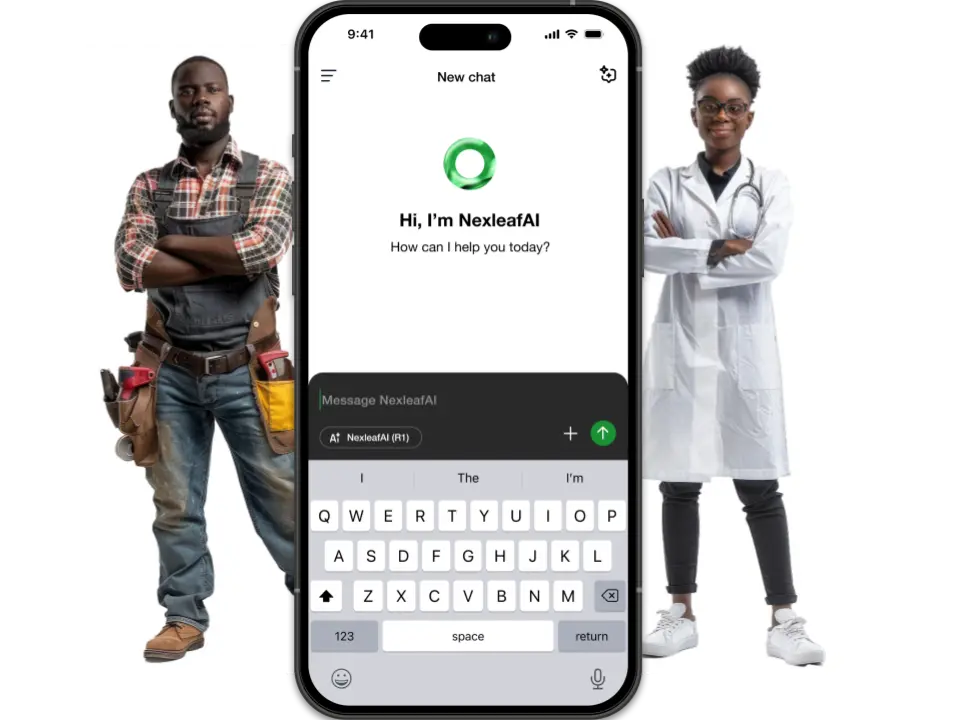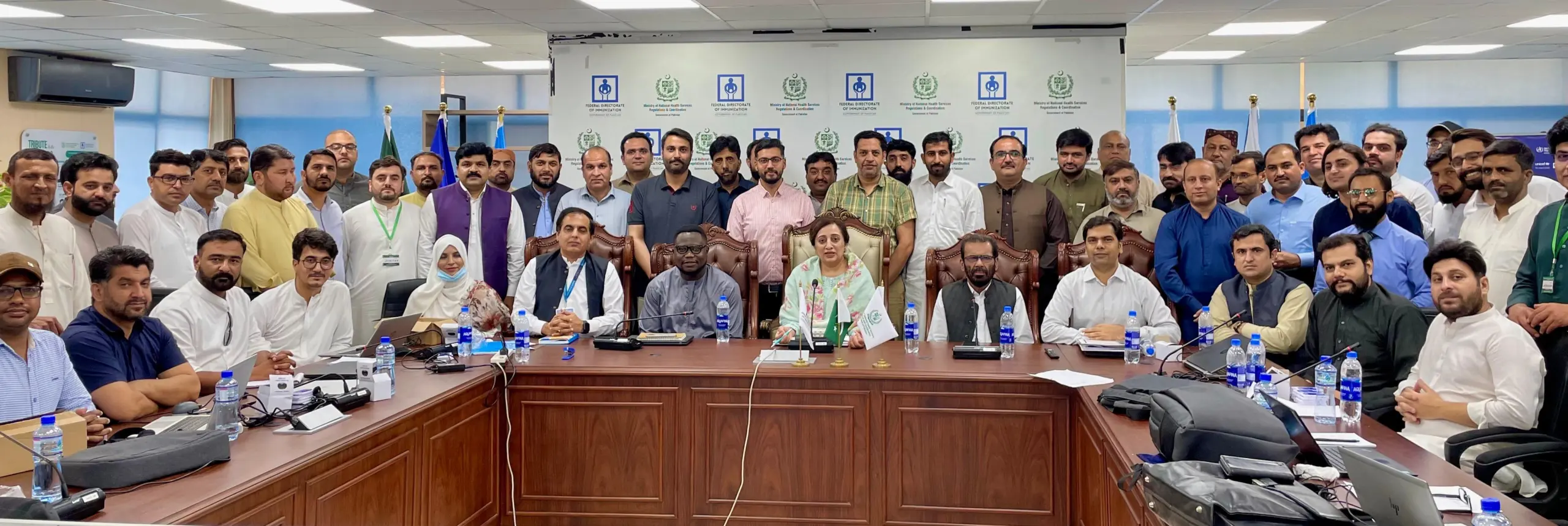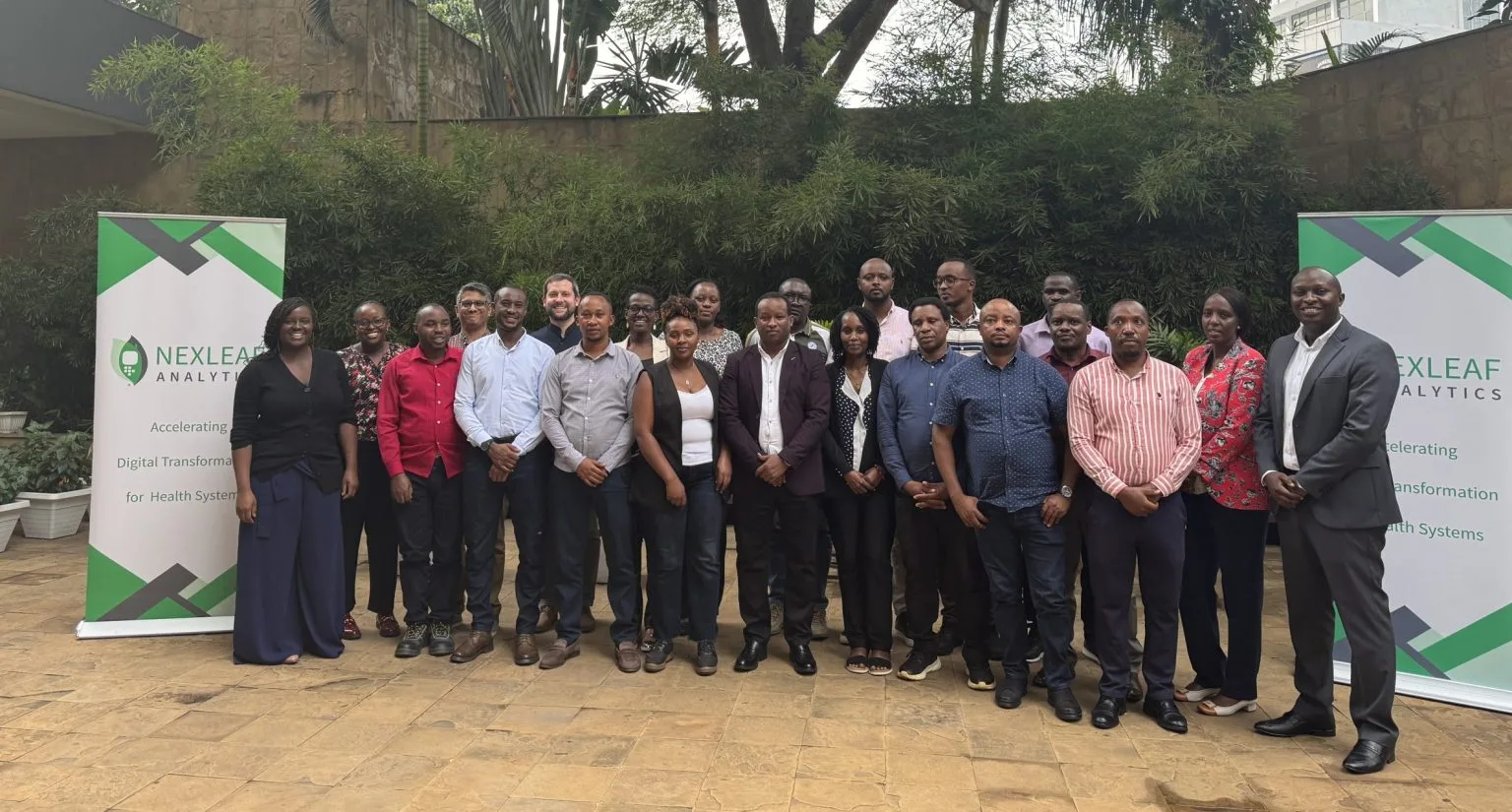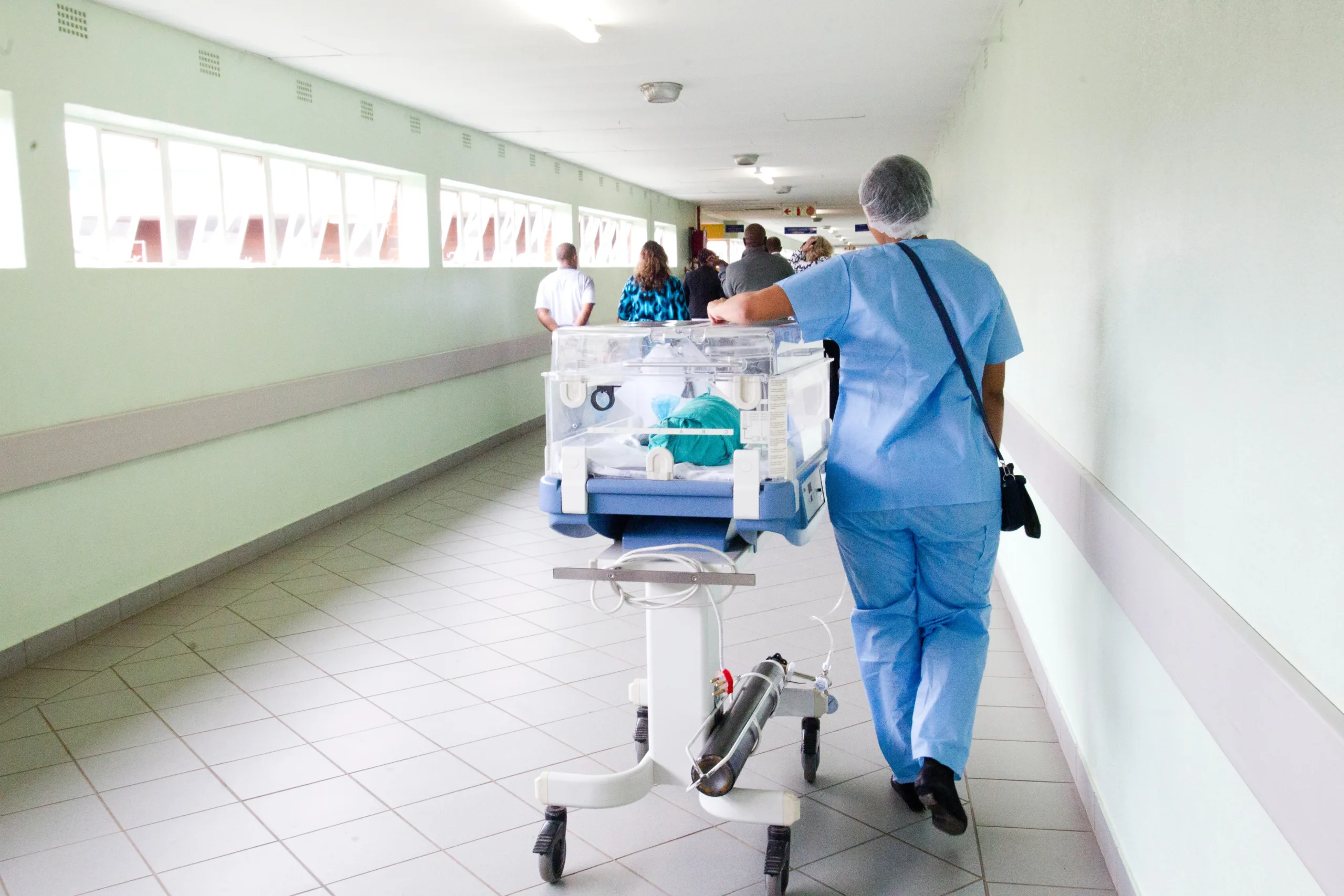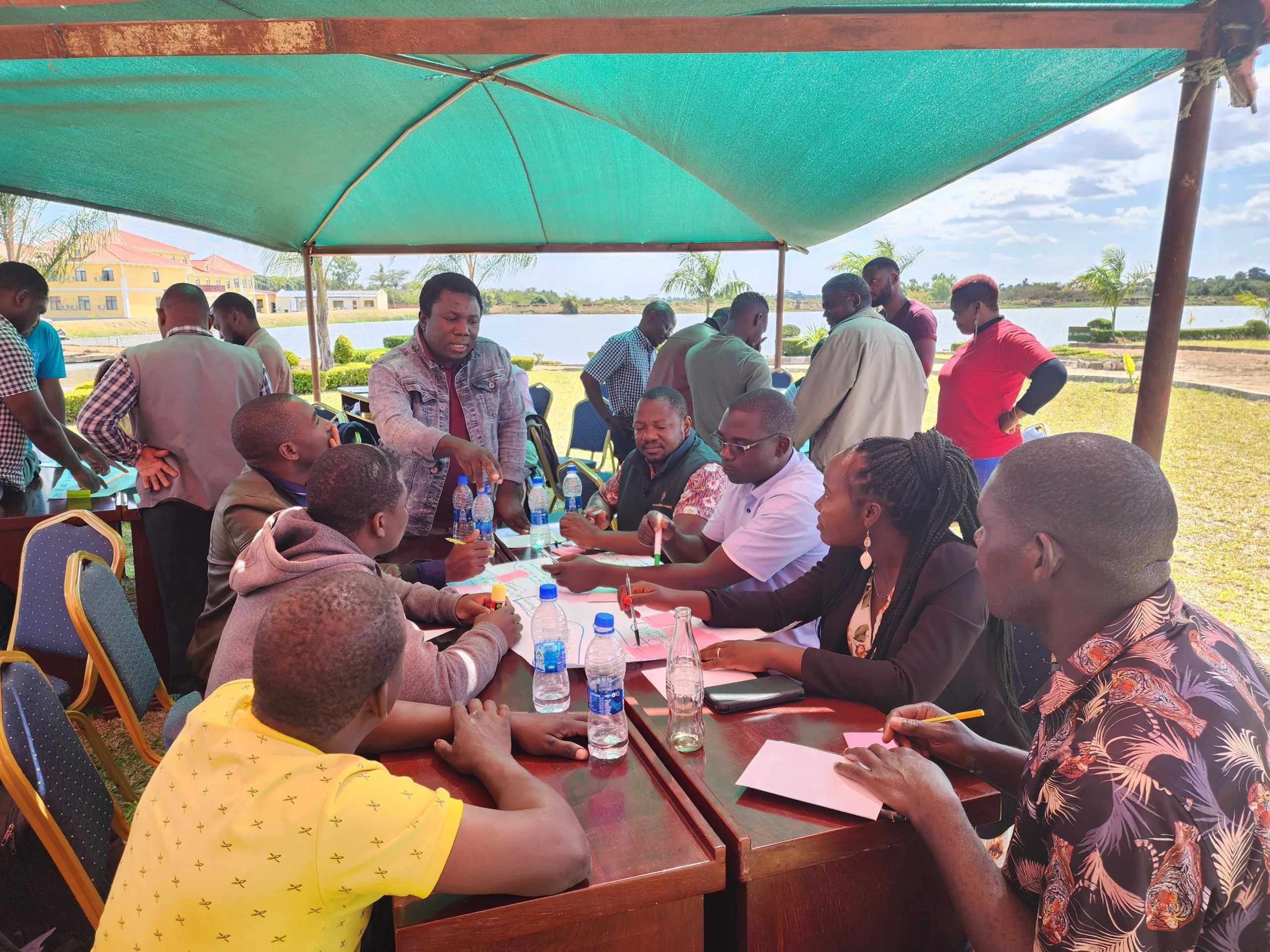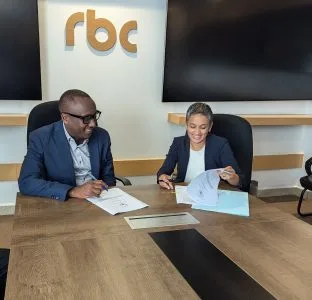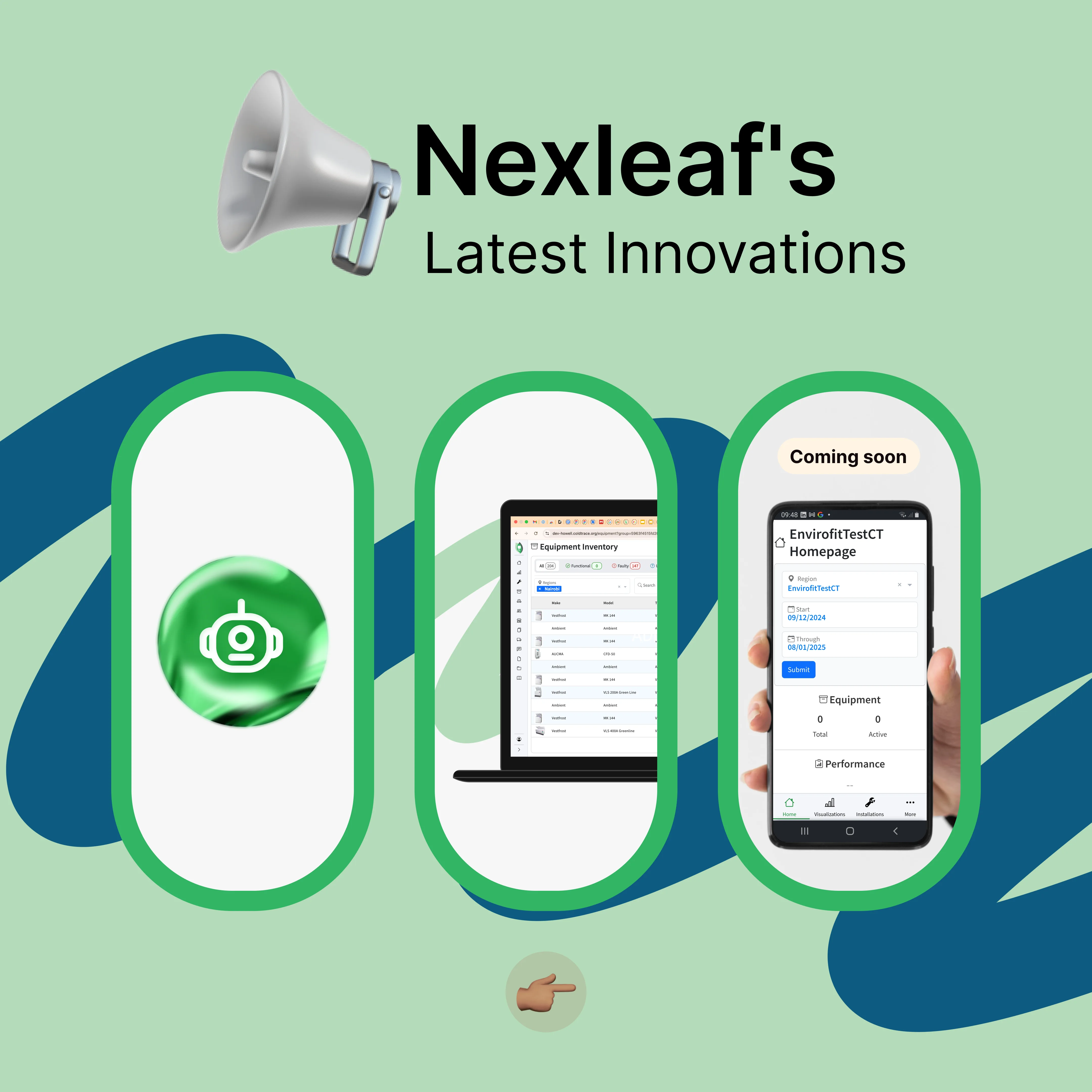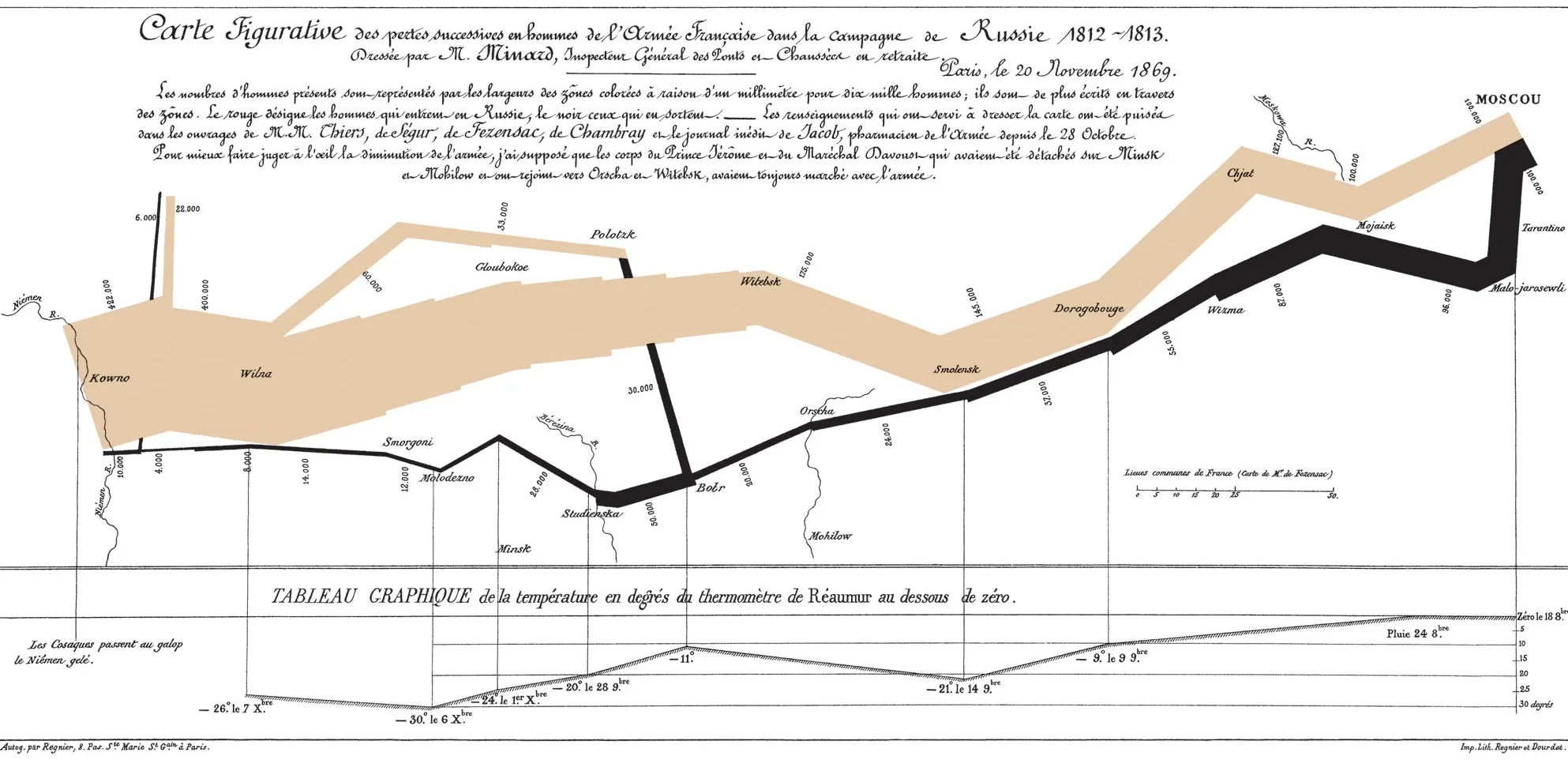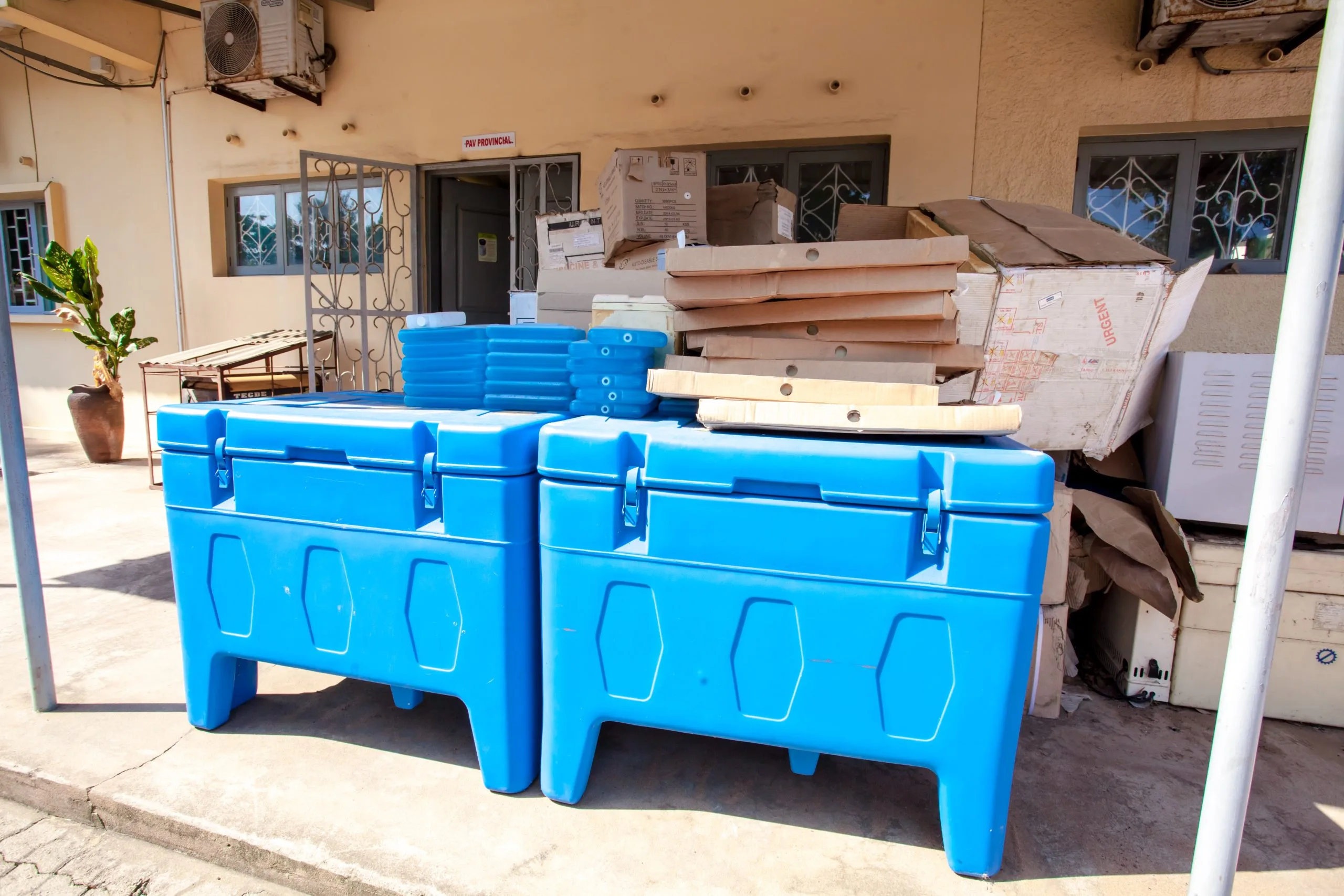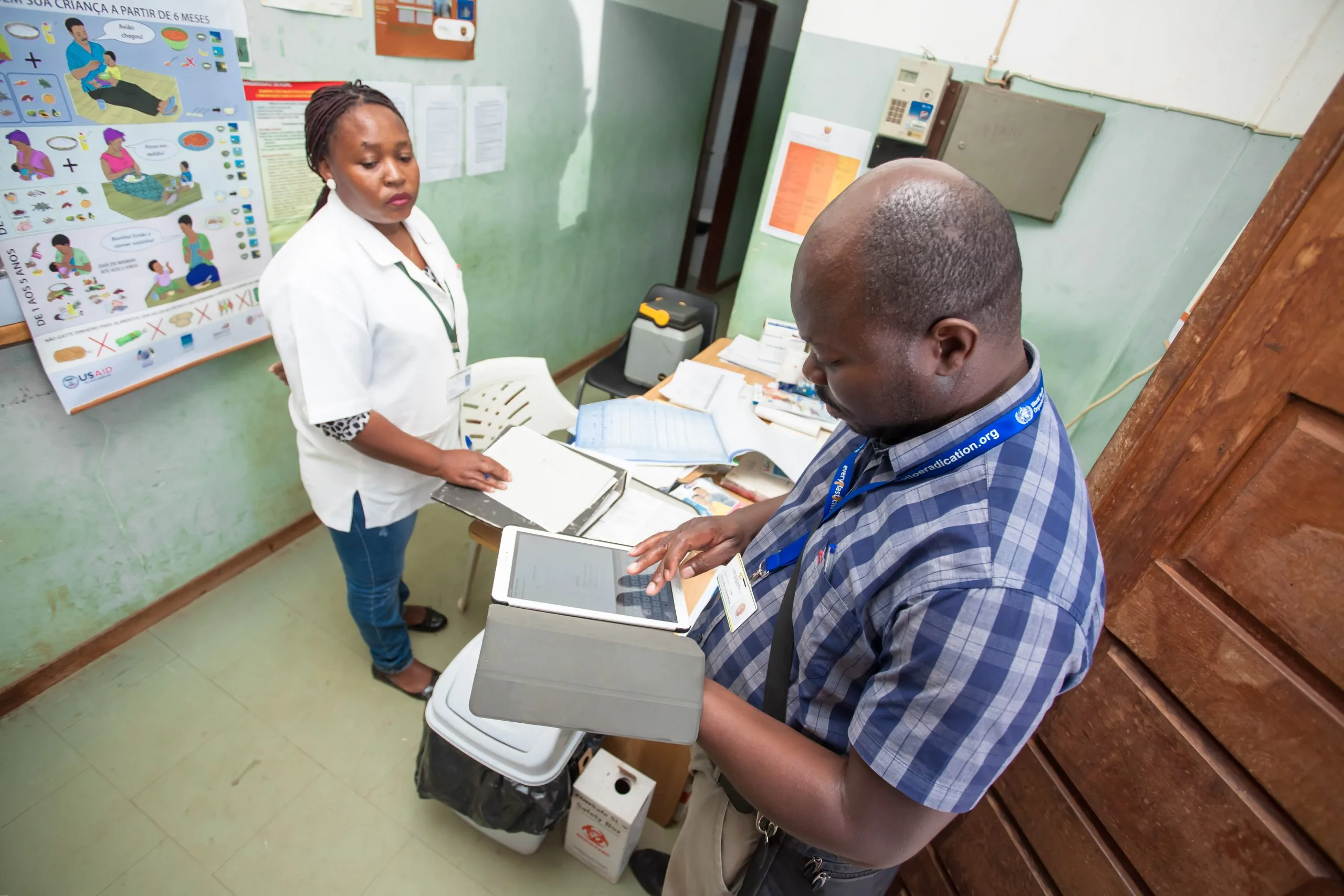Latest
Digital Transformation in Action
-
Nexleaf’s Rapid Response & Repair (R3) initiative, funded by Gavi and designed in collaboration with the governments of Malawi, Rwanda, and Tanzania, seeks to improve vaccine cold chain equipment performance through digital transformation.
-
Read more: Early Evidence from Nexleaf AI
Early Evidence from Nexleaf AI
Health workers need better tools to help them keep equipment functional and ready to provide patient care. Operational AI, or Op-AI, supports the assets and…
-
Read more: Partnership in Action in Pakistan
Partnership in Action in Pakistan
Partnership in Action: FDI, UNICEF, and Nexleaf Safeguard Vaccines in Pakistan— Immunizing every child requires that health workers – from senior level Ministers to local…
-
Read more: Nexleaf’s Senior Technical Advisor in Devex
Nexleaf’s Senior Technical Advisor in Devex
Nelima Otipa Argues for Robust Data Today in Devex Global Views Nexleaf’s Senior Technical Advisor, Nelima Otipa, published an op-ed in Devex today entitled Robust…
-
Read more: “Gather, Share, Build:” Nexleaf’s CEO Nithya Ramanathan in SSIR
“Gather, Share, Build:” Nexleaf’s CEO Nithya Ramanathan in SSIR
Nexleaf’s CEO Nithya Ramanathan, together with our Board of Directors Member Jim Fruchterman of Tech Matters, recently published an article in Stanford Social Innovation Review.…
-
Read more: Strengthening Medical Equipment Management to Improve Health Care Delivery in Rwanda
Strengthening Medical Equipment Management to Improve Health Care Delivery in Rwanda
By Nikhil D. Patil and Moses Kasigazi Ensuring medical equipment stands ready to serve patients is essential for quality care, but health facilities in low-…
-
Read more: Better Resources = Better Healthcare
Better Resources = Better Healthcare
Better Resources = Better Healthcare: Equipping BioMeds Saves Livesa joint post with Build Health International by Eric Buckley, Director of Oxygen Engineering, Build Health International, and Ednah Kiome,…
-
Read more: Health Workers Driving Data Utilization in Malawi
Health Workers Driving Data Utilization in Malawi
Malawi and Nexleaf: Health Workers Driving Data Utilization Nexleaf Analytics and the Government of Malawi are partnering to strengthen Malawi’s vaccine supply chain through a…
-
Read more: Rwanda and Nexleaf Partner to Leverage Data for Improved Health Outcomes
Rwanda and Nexleaf Partner to Leverage Data for Improved Health Outcomes
Kigali – The Government of Rwanda and Nexleaf Analytics have entered into a partnership to enhance healthcare delivery through a digitally-enabled, real-time equipment management system. This partnership…
-
Read more: New Tools + Features to Serve Health Workers
New Tools + Features to Serve Health Workers
Our Latest ColdTrace Product Updates Nexleaf’s vaccine equipment analytics platform – ColdTrace – integrates continuous data from 206 makes and models of cold chain equipment…
-
Read more: What Makes Time Series Data Unique?
What Makes Time Series Data Unique?
Nexleaf Team Voices: The Opportunities & Challenges of Continuous IoT Sensor Data Nexleaf Software Engineer Chris Combs reflects on why our data is special –…
-
Read more: Nexleaf + Cornell Tech: Building the Commons for Medical Equipment Data
Nexleaf + Cornell Tech: Building the Commons for Medical Equipment Data
Nexleaf Event Seeks to Elevate Medical Equipment Data to a Global Priority Through our work to scale RTM for the vaccine cold chain, we at…
-
Read more: A New Platform for Smart Equipment Data: EqMIS
A New Platform for Smart Equipment Data: EqMIS
Nexleaf Analytics has received a grant from the Patrick J. McGovern Foundation to develop a data platform for medical equipment deployed around the world and…
